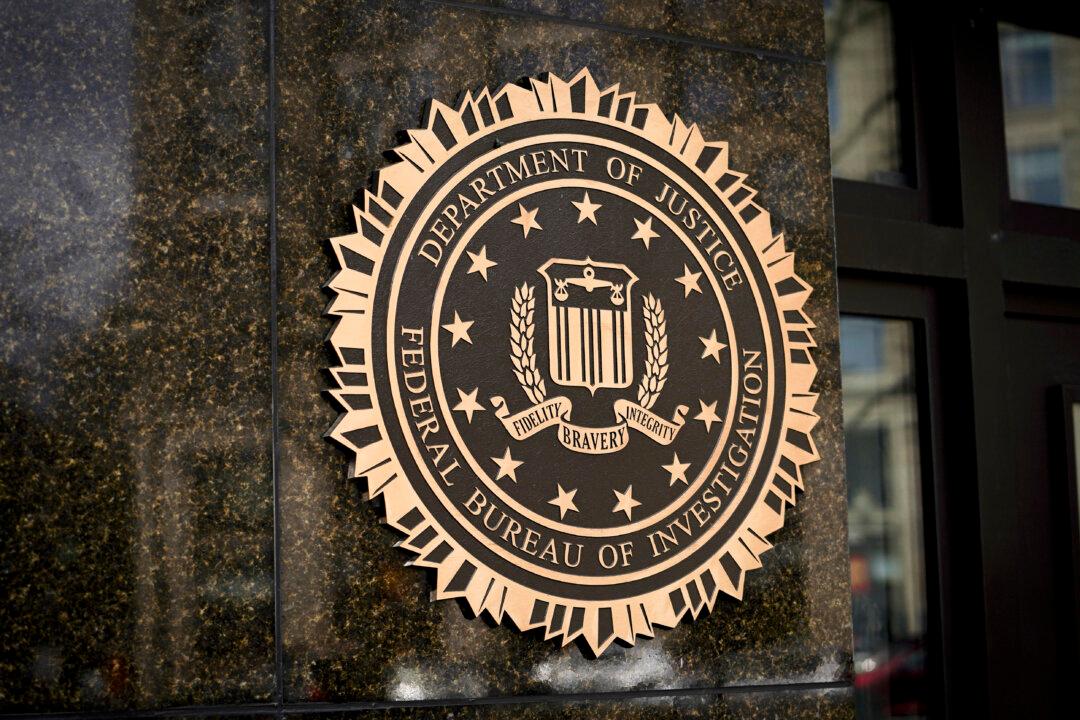The original draft report from an FBI interview of former Trump adviser Michael Flynn was deleted, according to a letter filed with the court by the Department of Justice (DOJ) on Oct. 22.
The letter defended the deletion of the FBI’s 302 form as a matter of FBI document retention policy. Flynn’s lead attorney, former federal prosecutor Sidney Powell, isn’t satisfied with the explanation.
The DOJ letter acknowledges the original draft of the interview report FD-302 existed, saying one of the interviewing agents started writing it on the evening after the Jan. 24, 2017, interview. It identifies the agent as “SSA1,” indicating it was Supervisory Special Agent Joe Pientka.
It says the report was accessed in the FBI “SENTINEL” electronic records system “on several occasions” by the SSA1 as well as the other interviewing agent, then-head of FBI counterintelligence operations Peter Strzok.
The messages also indicate Strzok shared the 302 for further edits with Lisa Page, with whom he was having an an extramarital affair and who at the time was a special counsel to then-FBI Deputy Director Andrew McCabe. Page said she would have only made grammatical edits.
While 302s are supposed to be completed within five days, the letter confirms that the Flynn 302 was only approved by McCabe on Feb. 15, 2017.
The FBI has a policy that “working files, such as preliminary drafts, notes, and other similar materials, are to be destroyed when the final documents have been approved,” the letter notes.
“Consistent with the FBI’s records retention policy, no prior drafts of the FD-302 were maintained within SENTINEL,” the letter says.
Powell wasn’t pleased with the explanation.
“I think it’s absurd if that is true, and there should be a record or audit trail in Sentinel of when that was done and who did it,” she told The Epoch Times via email. “We have several prior drafts.”
The letter acknowledges that Flynn was provided with three drafts of the 302, dated Feb. 10, 11, and 14, 2017. Those were “circulated in PDF format by email to FBI personnel for review,” it says, suggesting that was the reason why they escaped deletion.
“These are the only draft versions of the FD-302 that we have located during our diligent searches,” the DOJ said.
Flynn pleaded guilty to lying during the FBI interview, but later moved to withdraw his plea. He said he had accepted the plea deal because prosecutors were threatening his son with charges and his former lawyers hadn’t represented him effectively.
The DOJ dropped the case in May after an internal review unearthed documents indicating the FBI was trying to catch Flynn in a lie.
District Judge Emmet Sullivan, who presides over the case, has refused so far to accept the case dismissal and instead appointed a former federal judge to furnish him with a legal justification for rejecting the dismissal.
While the case remains open, the DOJ has kept providing Flynn with relevant documents and information, including last month an account of the former Flynn case agent saying the prosecution was being used as a means to “get [President Donald] Trump.”






Friends Read Free